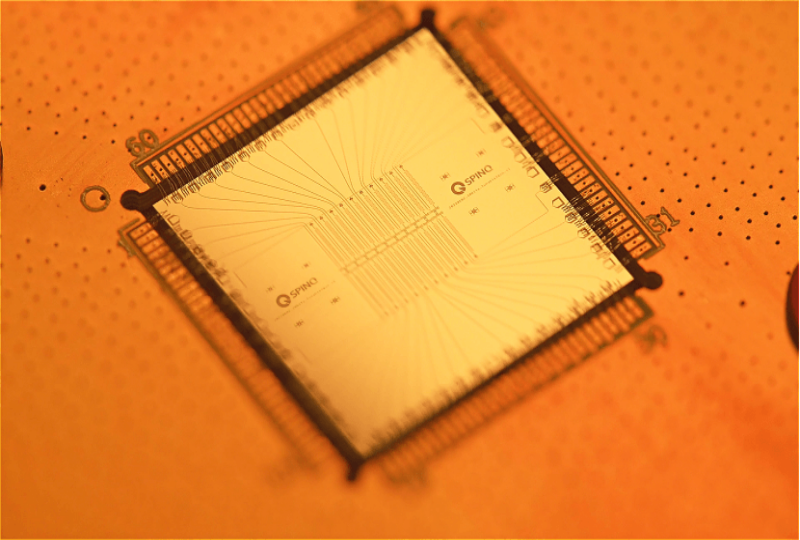What Are Superconducting Qubits? Quantum Engineer Explained
2025.01.06 · Blog
Superconducting qubits are one of the most promising technologies in the quantum computing field. They are the functional units within a superconducting quantum computer, providing the computational power needed for tasks that classical computers can't achieve.
In this article, we'll dive deep into superconducting qubits, explaining how they work, why they're important, and their role in the future of quantum computing.

What is a Superconducting Qubit?
A superconducting qubit is a quantum bit used in quantum computing that operates based on the principles of superconductivity.
Superconductivity is a phenomenon where certain materials exhibit zero electrical resistance when cooled to extremely low temperatures. Superconducting qubits take advantage of this property to create quantum states that are coherent and stable for performing calculations.
Unlike classical bits, which can be either 0 or 1, qubits can exist in superposition, a state that allows them to represent both 0 and 1 simultaneously. This property is crucial for quantum computing, enabling much faster and more efficient processing of complex data.
How Do Superconducting Qubits Work?
Superconducting qubits are typically made from materials like aluminum, which are formed into circuits with specific properties that allow for quantum states to be manipulated. These circuits are created using superconducting materials that allow for the controlled flow of electricity without any resistance.
The working principle of superconducting qubits involves the use of an electromagnetic field to control the quantum state of the qubit. A qubit can be represented by two energy levels, often referred to as the ground state (0) and excited state (1). By applying microwaves, the qubit can be manipulated to transition between these two states, enabling quantum operations.
One of the most common types of superconducting qubits is the transmon qubit, which minimizes sensitivity to noise while maintaining quantum coherence, making it ideal for use in quantum circuits.
Advantages of Superconducting Qubits
1. Scalability: Superconducting qubits can be manufactured with existing semiconductor technologies, making them scalable for large quantum processors. This is a significant advantage over other types of qubits, such as trapped ions.
2. Coherence Times: Superconducting qubits have relatively long coherence times compared to other types of qubits, meaning they can maintain their quantum state long enough to perform calculations.
3. Mature Technology: Superconducting qubits have been extensively studied and are supported by a well-established infrastructure for fabrication, control, and measurement.
4. Compatibility: Superconducting qubits can easily be integrated with other quantum computing components, such as quantum gates, creating robust quantum circuits.
Challenges in Superconducting Qubits
Despite their many advantages, superconducting qubits face several challenges that must be overcome to achieve practical, large-scale quantum computing.
1. Decoherence: While superconducting qubits maintain coherence for a relatively long time, they are still susceptible to quantum decoherence caused by interactions with their environment. This limits the number of computations they can perform before losing quantum information.
2. Cryogenic Requirements: Superconducting qubits require extremely low temperatures to operate—often close to absolute zero. This necessitates sophisticated cryogenic systems to cool the quantum circuits, adding to the complexity and cost of quantum computers.
3. Error Correction: Quantum error correction is critical for maintaining the integrity of quantum calculations. Superconducting qubits are highly sensitive to noise, so developing robust error correction techniques is an ongoing challenge.
The Future of Superconducting Qubits
The future of superconducting qubits looks promising. Researchers and companies like IBM, Google Quantum AI, and SpinQ are making significant advancements in quantum hardware. Efforts are being made to improve the coherence times, scalability, and overall stability of superconducting qubits, bringing us closer to achieving a large-scale, fault-tolerant quantum computer.
As these challenges are addressed, superconducting qubits are expected to play a central role in a wide range of applications, from drug discovery and material science to optimization problems and AI.

